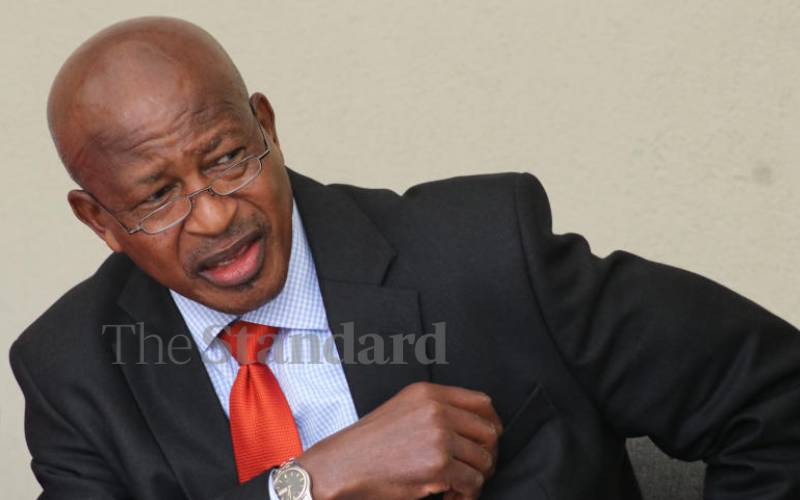×
The Standard e-Paper
Home To Bold Columnists

Attorney-General Paul Kihara Kariuki. [Chemtai Lochakapong, Standard ]
Attorney-General Kihara Kariuki has indicated that he will move to the Supreme Court to challenge the Court of Appeal judgement that declared the Building Bridges Initiative (BBI) unconstitutional.